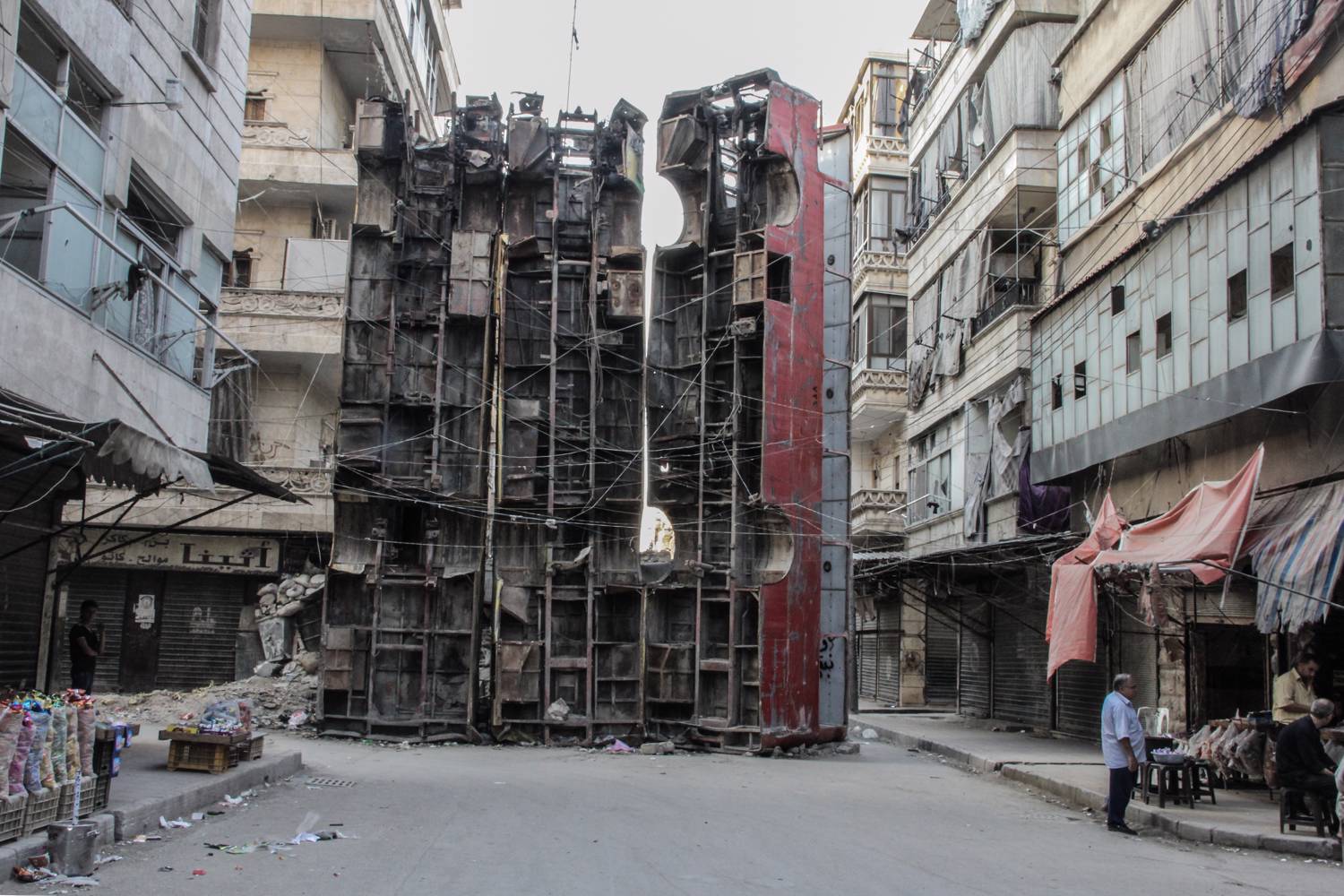
Intransigent narratives on Syria have been part and parcel of what has become an intractable conflict. However, after 9 years of harrowing violence these narratives are no longer capable of explaining the situation and as such will likely not produce any vision for the future.
At this seminar, Omar Abdulaziz Hallaj's presentation will attempt to explore other possible perspectives to give peace efforts better traction and help steer the conflict away from its disastrous course.
Looking at economic deep structures and the transformation of the political economy, the discussion will look at shifting the discussion from "no reconstruction without transition" to " more for more" strategies. These strategies have been superficially tried and often failed because they aimed at unrealistic time frames and trajectories. Shifting the paradigms will be essential to adjust expectations and building on existing agency for transforming the situation.
Comments will be given by Jørgen Jensehaugen, PRIO Senior Researcher
The seminar will be moderated by Kristian Berg Harpviken, PRIO Middle East Centre Director.
A light lunch will be served from 11:30.
Omar Abdulaziz Hallaj is a consultant on urban planning, development and local governance. He is co-founder and advisor for the Syria Project at the Common Space Initiative in Beirut, where he is engaged in facilitating various dialogue and research projects for peacebuilding and recovery planning in Syria.
His professional and published research covers institutional, financial and political aspects of the urban built environment; housing, land and property (HLP); and the war economy. Formerly, he was the CEO of the Syria Trust for Development, and served on the boards of several NGOs and public commissions. In 2007, Mr. Hallaj was the recipient of the Aga Khan Award for Architecture as team leader of the Shibam Urban Development Project (GIZ). He subsequently served on the master jury and the steering committee of the Award.





